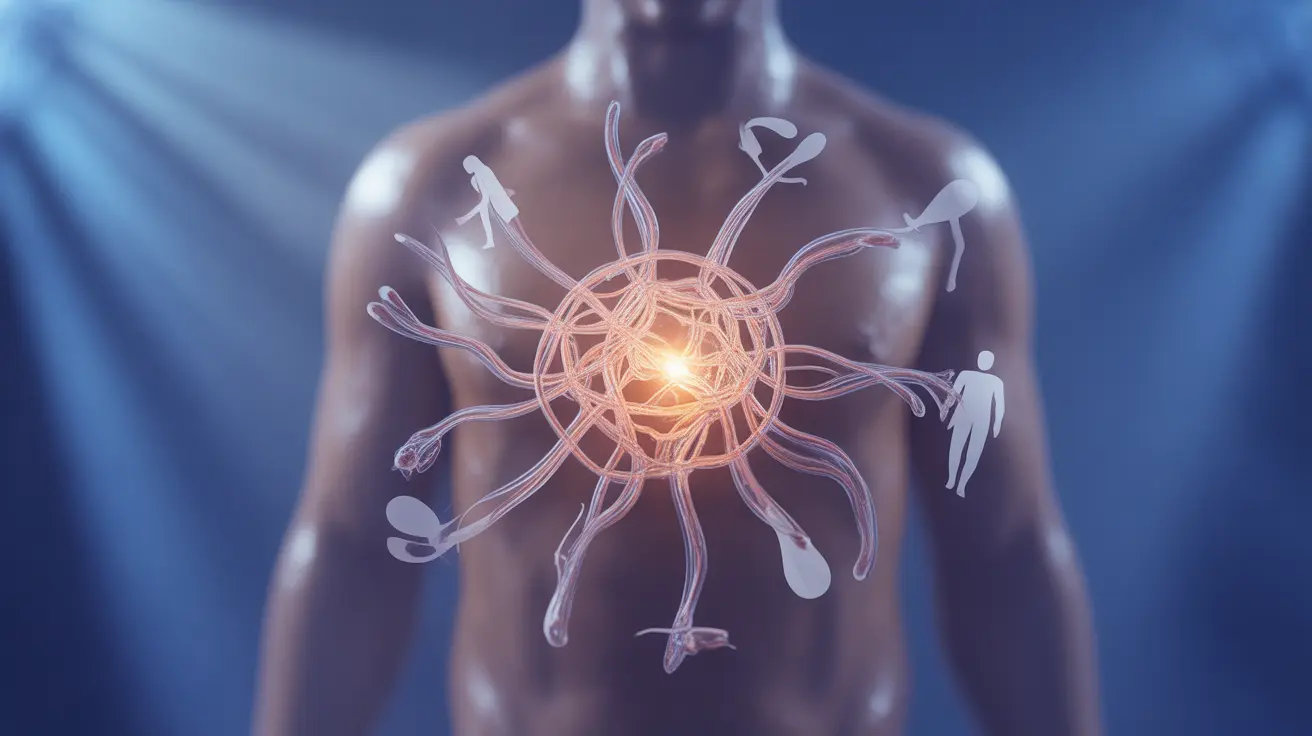The relationship between obesity and personal choice is far more intricate than many people realize. While conventional wisdom often suggests that body weight is simply a matter of willpower and lifestyle decisions, scientific research reveals a complex interplay of biological, environmental, and social factors that influence weight regulation.
To better understand this multifaceted health condition, let's explore the various elements that contribute to obesity and why simplifying it to merely a choice overlooks crucial scientific evidence and human experiences.
The Genetic Foundation of Weight Regulation
Research consistently shows that genetics play a significant role in determining body weight and fat distribution. Studies of twins and adopted children demonstrate that inherited factors can account for 40-70% of individual differences in body weight. These genetic influences affect:
- Metabolic rate
- Fat storage patterns
- Appetite regulation
- Response to different foods
- Energy expenditure efficiency
Hormonal Influences and Medical Conditions
Several hormonal and medical conditions can significantly impact weight management, often independent of personal choices:
- Hypothyroidism
- Polycystic ovary syndrome (PCOS)
- Cushing's syndrome
- Certain medications
- Insulin resistance
These conditions can affect metabolism, hunger signals, and the body's ability to process nutrients, making weight management more challenging for affected individuals.
Early Life Factors and Environmental Impact
Childhood experiences and environmental factors play a crucial role in developing eating patterns and weight regulation mechanisms:
- Early feeding practices
- Family eating habits
- Exposure to processed foods
- Stress levels during development
- Access to healthy food options
- Neighborhood safety for physical activity
The Biology of Weight Loss Resistance
When people attempt to lose weight, their bodies often activate powerful biological mechanisms that resist weight loss:
- Increased hunger hormones
- Decreased satiety signals
- Reduced metabolic rate
- Changes in brain reward circuits
- Altered energy efficiency
These biological responses can make sustainable weight loss extremely challenging, even with consistent healthy behaviors.
Social and Economic Influences
Various social and economic factors can impact weight management:
- Food accessibility and affordability
- Work schedules and stress levels
- Marketing and food industry practices
- Cultural attitudes toward food
- Available time for meal preparation
- Access to healthcare and support services
The Impact of Weight Stigma
Weight stigma and discrimination can create a cycle that makes weight management even more challenging:
- Increased stress hormones
- Emotional eating behaviors
- Avoided healthcare visits
- Reduced physical activity
- Mental health challenges
- Social isolation
Frequently Asked Questions
Is obesity mainly caused by genetics or personal lifestyle choices?
Obesity results from a complex interaction between genetic predisposition and environmental factors. While lifestyle choices play a role, genetic factors can account for 40-70% of individual differences in body weight, influencing how the body processes food and regulates weight.
How do hormonal imbalances and medical conditions affect weight gain?
Hormonal imbalances and medical conditions can significantly impact metabolism, appetite, and fat storage. Conditions like hypothyroidism, PCOS, and Cushing's syndrome can make weight gain more likely and weight loss more challenging, regardless of lifestyle choices.
Can childhood environment and family habits influence the risk of obesity later in life?
Early life experiences and family habits strongly influence adult weight patterns. Childhood eating behaviors, stress levels, and exposure to certain foods can program metabolic patterns and eating habits that persist into adulthood.
Why is losing weight harder for some people despite healthy eating and exercise?
Individual biological responses to weight loss vary significantly. Some people experience stronger hormonal adaptations that increase hunger and reduce metabolism when losing weight, making it more difficult to maintain weight loss despite healthy behaviors.
How does social stigma around obesity impact those living with the condition?
Weight stigma can create a harmful cycle by increasing stress hormones, promoting emotional eating, discouraging healthcare visits, and affecting mental health. These factors can make weight management even more challenging and impact overall well-being.




